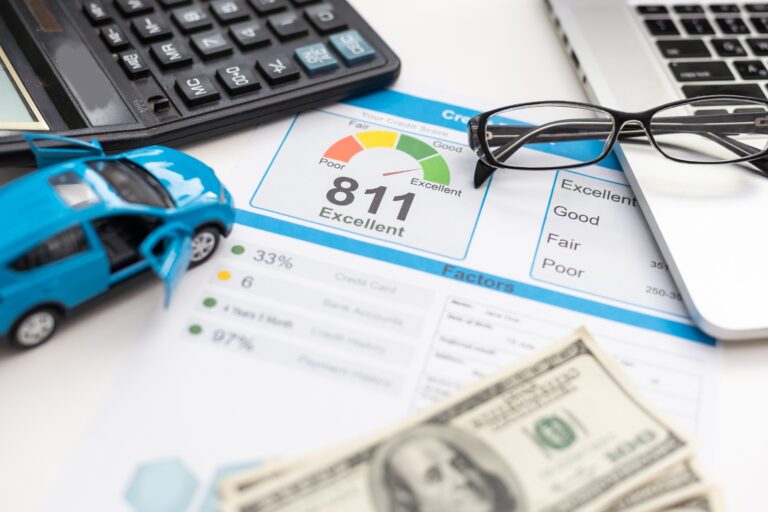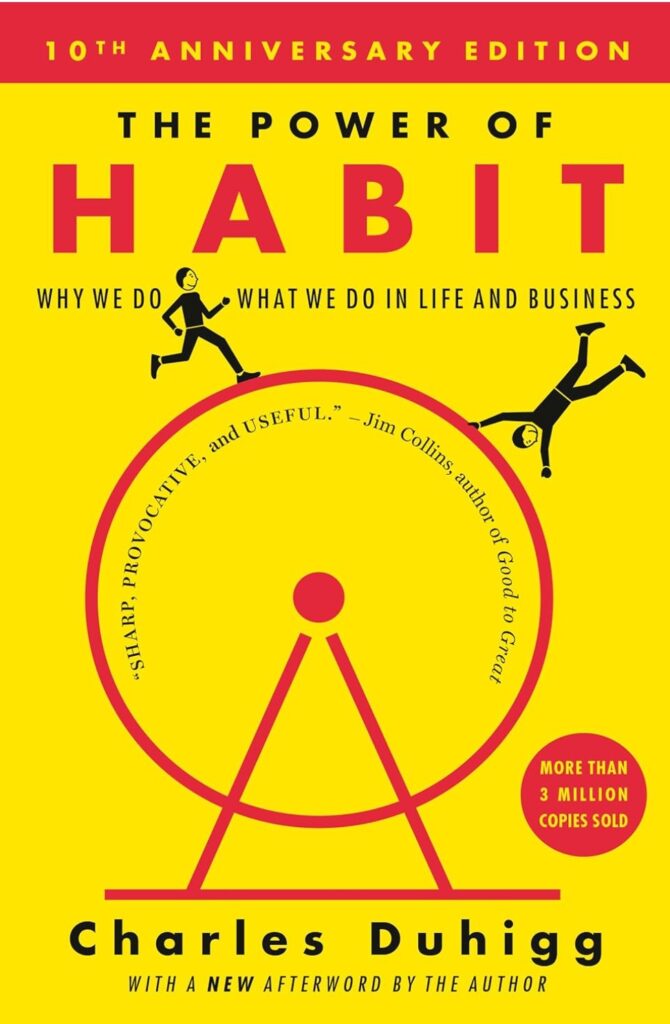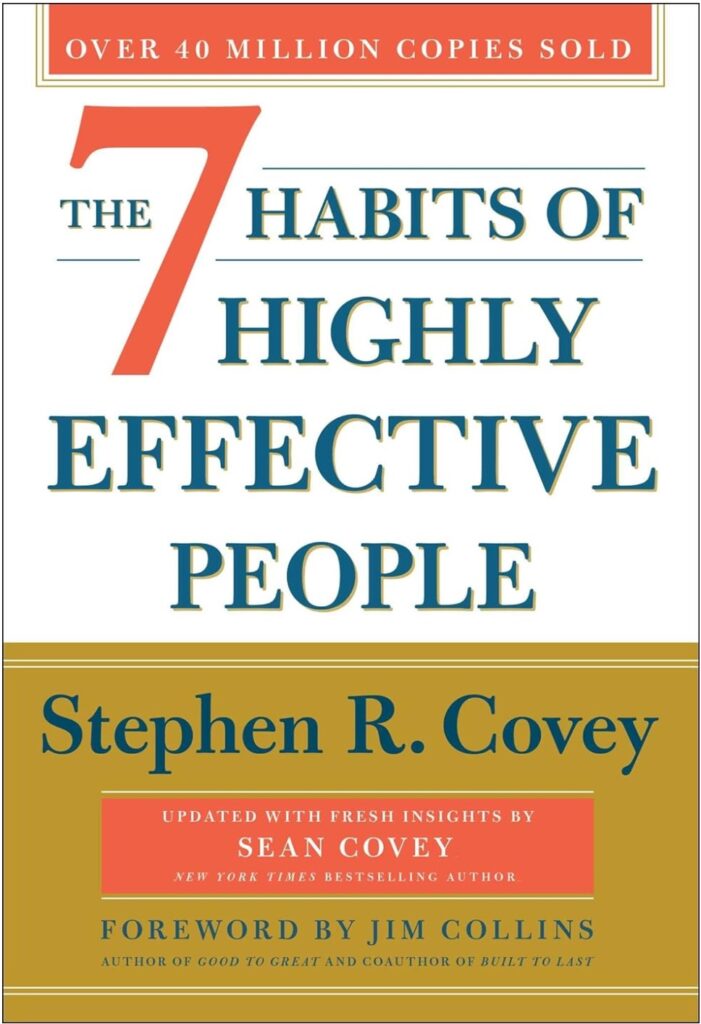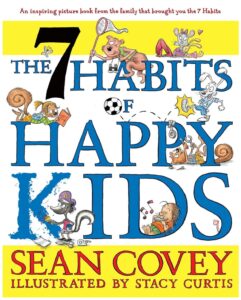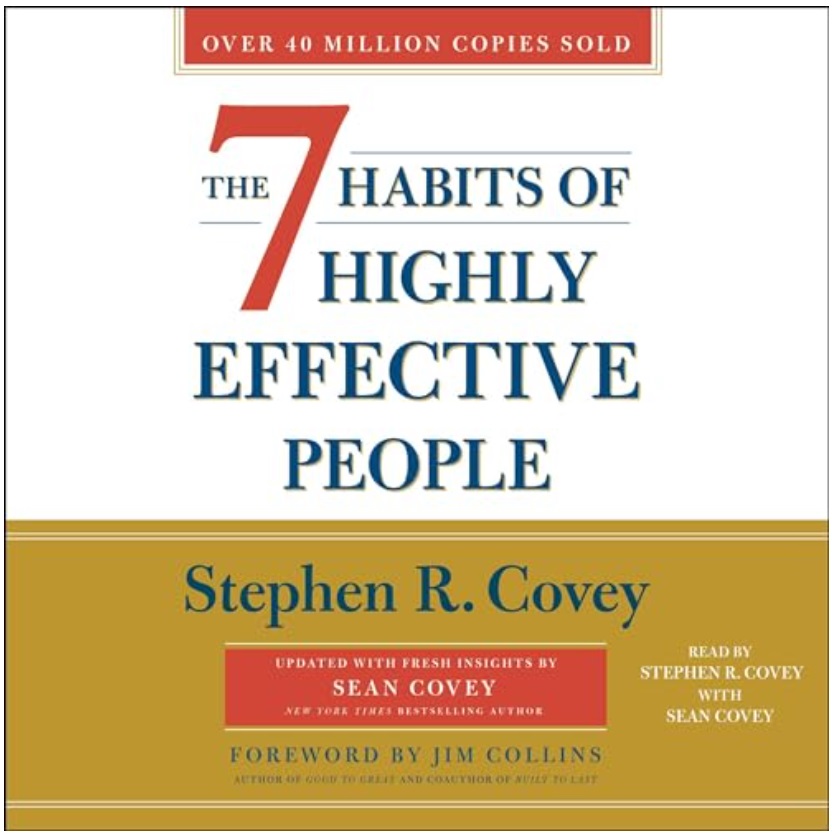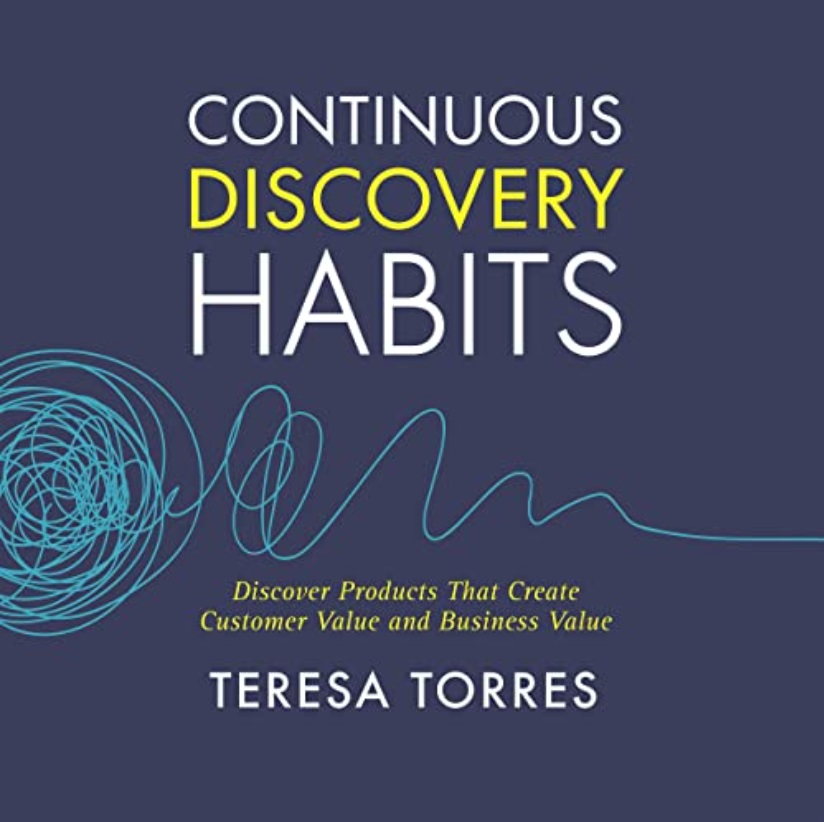KEY POINTS
- Ensure all bills are paid on time to demonstrate reliability and build a strong payment history, a crucial factor in maintaining good credit.
- Keep your credit utilization below 30% by managing your credit card balances and requesting credit limit increases responsibly to boost your credit score.
- Maintain a variety of credit accounts and regularly review your credit report to identify errors and track progress, ensuring a robust credit profile.
Building good credit is essential for financial health and stability. A strong credit history can open doors to better interest rates on loans, higher credit limits, and even favorable insurance premiums.
In my experience, cultivating good credit habits requires consistency, discipline, and a clear understanding of how credit works.
Here, I’ll share practical strategies for building and maintaining good credit and explain why it’s essential for your financial well-being.
Table of Contents
ToggleUnderstanding the Importance of Good Credit
Good credit is more than just a number; it’s a reflection of your financial responsibility. Lenders, landlords, and even some employers use your credit score to assess your reliability.
Access to Better Financial Products
From what I’ve gathered, having a high credit score can significantly improve your chances of getting approved for loans and credit cards with favorable terms.
This can save you a lot of money in interest over time and provide greater financial flexibility.
Impact on Daily Life
Your credit score can also affect your day-to-day life. I’ve personally seen how good credit can lead to lower insurance premiums and better rental terms.
It’s not just about borrowing money; it’s about creating opportunities and reducing costs in various aspects of life.
Better Interest Rates on Loans and Mortgages
One of the most significant benefits of having good credit is access to better interest rates on loans and mortgages.
In my experience, a higher credit score translates to lower interest rates, which can save you thousands of dollars over the life of a loan.
This reduction in interest rates can make large purchases like homes and cars more affordable and manageable.
Increased Credit Limits
Good credit often leads to higher credit limits on your credit cards and lines of credit.
I’ve personally used this to my advantage by maintaining a low balance-to-limit ratio, which helps improve my credit utilization rate.
Higher credit limits also provide a financial cushion in case of emergencies, giving you more flexibility in managing your finances.
Favorable Terms for Rental Applications
Landlords frequently check credit scores to evaluate potential tenants. From what I’ve seen, having a strong credit score can make the rental application process smoother and more favorable.
It shows landlords that you’re reliable and likely to pay your rent on time, which can be a deciding factor in competitive rental markets.
Employment Opportunities
Some employers, especially those in finance and other industries where financial responsibility is crucial, check credit scores as part of their hiring process.
I’ve gathered that a good credit score can enhance your job prospects, as it demonstrates your reliability and ability to manage your finances responsibly. This can be particularly important for positions that require handling money or financial information.
Understanding these impacts can motivate us to take meaningful steps toward building and maintaining good credit.
It’s about more than just a score; it’s about enhancing your overall financial well-being and opening doors to better opportunities in various aspects of life.
Paying Bills on Time
One of the most straightforward ways to build good credit is to pay all your bills on time. This habit demonstrates reliability and financial discipline, which are critical factors in your credit score.
Setting Up Reminders
In my years of working on my credit, I’ve found that setting up automatic payments or reminders can help ensure that bills are paid on time.
Whether it’s utility bills, credit card payments, or loan installments, staying on top of due dates prevents late fees and negative marks on your credit report.
Prioritizing High-Impact Payments
I’ve found that prioritizing payments based on their impact on my credit score can be a strategic approach.
For instance, credit card payments and loan installments should take precedence over other bills because they have a more significant effect on your credit report.
By focusing on these high-impact payments first, you can ensure that your credit score remains strong.
Setting Up Automatic Payments
In my years of working on my credit, I’ve found that setting up automatic payments can ensure that bills are paid on time without the need for constant reminders.
By automating payments, you reduce the risk of forgetting due dates, which can lead to late fees and negative marks on your credit report.
Many banks and service providers offer this feature, making it a convenient and reliable method for maintaining a good payment history.
Keeping a Payment Buffer
Maintaining a buffer in your checking account can prevent missed payments due to insufficient funds.
I’ve personally used this technique to ensure that there’s always enough money to cover my bills, even if unexpected expenses arise.
This buffer acts as a safety net, reducing the risk of overdrafts and missed payments, which can negatively impact your credit score.
Monitoring Payment History
Regularly monitoring your payment history helps you stay on top of your financial obligations.
I’ve found that checking my payment history monthly allows me to quickly identify and address any discrepancies or missed payments.
This proactive approach ensures that your credit report accurately reflects your payment behavior, which is crucial for maintaining good credit.
By incorporating these additional strategies, you can reinforce the habit of paying bills on time, significantly enhancing your credit score and financial stability.
Keeping Credit Utilization Low
Credit utilization refers to the percentage of your available credit that you’re using. Keeping this ratio low is crucial for maintaining a good credit score.
Understanding Credit Limits
Understanding your total available credit limit is the first step in managing your credit utilization effectively. I’ve found that being aware of the combined credit limits across all your credit cards helps in monitoring how much credit you’re using at any given time.
This awareness is essential because exceeding a 30% utilization rate can negatively impact your credit score. Tools like credit monitoring apps can provide a consolidated view of your credit limits and current balances.
Paying Off Balances Early
To keep your credit utilization low, it’s beneficial to pay off balances before the billing cycle ends. I’ve personally tested this technique and found that it can significantly reduce the reported balance on your credit report.
By paying off your credit card balances early, you ensure that the utilization ratio remains low, which helps improve your credit score. This practice also prevents interest charges, saving you money in the long run.
Making Multiple Payments in a Billing Cycle
Making multiple payments within a billing cycle can help keep your credit utilization low. From what I’ve experienced, splitting your payments can ensure that your balance remains low throughout the month, not just at the end of the billing period.
This method is particularly useful if you have irregular income or tend to use your credit card frequently. It also helps to avoid large lump-sum payments that might strain your budget.
Requesting a Credit Limit Increase
Increasing your credit limit can help lower your credit utilization ratio without changing your spending habits. I’ve personally used this approach by requesting credit limit increases on my existing credit cards.
When your credit limit goes up and your spending stays the same, your utilization rate decreases, which can positively impact your credit score. However, it’s crucial to use this strategy responsibly and not to see it as an opportunity to increase your spending.
Reducing Credit Card Spending
One of the simplest ways to manage credit utilization is by reducing your credit card spending. I’ve found that setting a strict budget for credit card usage and sticking to it can help keep utilization rates low.
By using cash or debit cards for daily expenses, you can limit the amount charged to your credit cards, thereby maintaining a healthy credit utilization ratio. This habit not only helps in improving your credit score but also promotes better spending discipline.
By incorporating these additional strategies, you can effectively manage your credit utilization, significantly enhancing your credit score and overall financial health.
Diversifying Your Credit Mix
Incorporating Installment Loans
Adding installment loans, such as auto loans, student loans, or mortgages, can diversify your credit mix. In my experience, managing an installment loan responsibly demonstrates your ability to handle fixed monthly payments over an extended period.
This type of credit differs from revolving credit (like credit cards) because it involves a set number of payments over time.
Successfully managing both types of credit shows lenders that you have experience with various credit forms.
Using Retail Store Credit Cards
Retail store credit cards can also contribute to a diverse credit mix. While these cards often come with higher interest rates, they can be beneficial if used wisely.
I’ve personally used retail store cards for specific purchases and paid off the balances in full each month. This practice not only helped build my credit but also allowed me to take advantage of store-specific rewards and discounts.
However, it’s important to use these cards sparingly and ensure that you don’t accumulate high-interest debt.
Secured Credit Cards for Rebuilding Credit
Secured credit cards are a great tool for those looking to rebuild or establish their credit. From what I’ve seen, secured cards require a cash deposit that serves as your credit limit, reducing the risk for the lender.
I’ve recommended secured cards to individuals with no credit history or those recovering from financial setbacks. Responsible use of a secured credit card can help build a positive credit history, which can eventually lead to opportunities for unsecured credit.
Personal Loans as a Diversification Tool
Personal loans can add variety to your credit profile. These loans are typically unsecured and can be used for various purposes, such as debt consolidation, home improvements, or unexpected expenses.
I’ve found that taking out a personal loan and making timely payments can improve your credit mix and demonstrate your ability to manage different types of credit.
Additionally, personal loans can sometimes offer lower interest rates compared to credit cards, making them a more cost-effective borrowing option.
Managing Student Loans
If you have student loans, they can also contribute positively to your credit mix. From what I’ve experienced, keeping up with student loan payments shows that you can handle long-term debt responsibly.
Even if your loans are in deferment or forbearance, maintaining a good payment history before those periods can benefit your credit score.
Managing student loans effectively can also pave the way for better credit opportunities in the future.
By incorporating these diverse credit types into your financial strategy, you can create a well-rounded credit profile. This diversity not only improves your credit score but also demonstrates to lenders that you are capable of managing various forms of credit responsibly.
Regularly Reviewing Your Credit Report
Keeping an eye on your credit report is essential for maintaining good credit. Regular reviews help you spot errors and identify areas for improvement.
Checking for Inaccuracies
One of the primary reasons to regularly review your credit report is to check for inaccuracies. Errors on your credit report can significantly harm your credit score.
In my experience, I’ve found discrepancies such as incorrect account balances or outdated personal information. Identifying and disputing these errors promptly can prevent potential negative impacts on your credit score.
The Federal Trade Commission (FTC) provides guidelines on how to dispute errors on your credit report, which can be very helpful.
Identifying Fraudulent Activity
Reviewing your credit report regularly can also help you spot signs of identity theft or fraudulent activity.
From what I’ve seen, unfamiliar accounts or unauthorized inquiries are red flags that someone else might be using your information. Early detection of such activity is crucial.
I’ve used credit monitoring services that alert me to any unusual activity on my report, allowing me to take immediate action to protect my credit.
Understanding Credit Score Changes
Regularly reviewing your credit report helps you understand the factors that influence changes in your credit score.
I’ve found that tracking the fluctuations in my score and correlating them with my financial behaviors—such as paying off a loan or opening a new credit card—provides valuable insights.
This understanding can help you make more informed decisions about managing your credit in the future.
Resources like FICO and Experian offer detailed explanations of how different actions affect your credit score.
Planning Future Financial Goals
Your credit report is a useful tool for planning future financial goals. By regularly reviewing your credit report, you can assess your progress towards improving your credit score and set realistic financial targets.
For example, if you’re planning to apply for a mortgage or car loan, understanding your current credit standing can help you strategize on how to boost your score before applying.
In my experience, having a clear picture of my credit health has enabled me to set and achieve specific financial milestones.
Some Final Thoughts
Building good credit is a journey that requires consistent effort and mindful financial practices.
By paying your bills on time, keeping your credit utilization low, diversifying your credit mix, and regularly reviewing your credit report, you can develop strong credit habits that will benefit you throughout your life.
In my years of working on and improving my credit, I’ve seen firsthand how these habits lead to financial opportunities and security.
Remember, good credit is not just about accessing credit; it’s about creating a stable financial future and opening doors to better opportunities.
Start today, stay consistent, and watch your credit—and financial health—grow.

